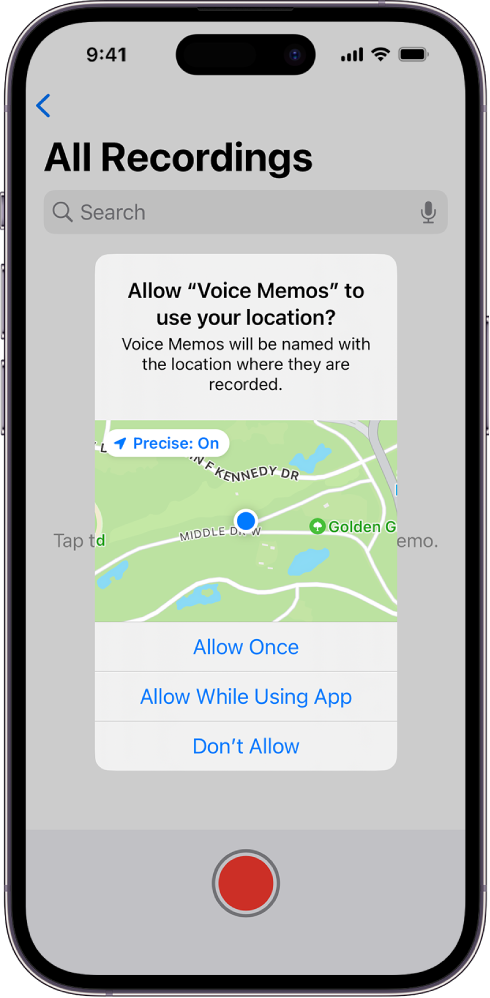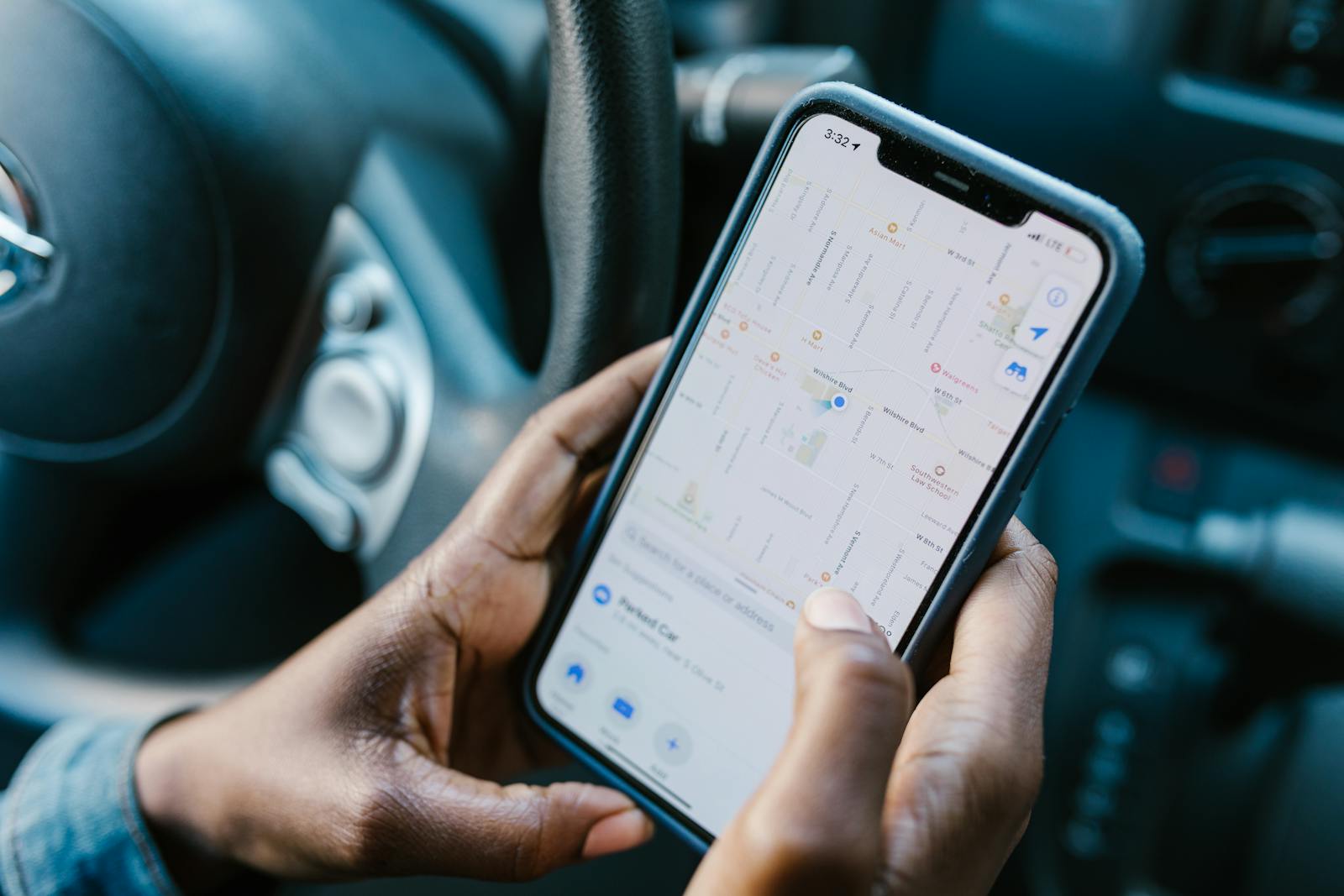No, you can’t see if someone checks your location on iPhone and if they do, you will not be notified. While Apple keeps user privacy at the forefront of everything they do, this is one area where they feel the correct action is to not alert the person being checked on. However, there are a few important things to keep in mind. First, you have to grant permission to someone to check up on your location. For example, you’d need to enable location sharing with someone through the Find My app or Find My Friends app for them to be able to see you.
Second, apps & programs that want your location information (think fast-food apps, ride sharing, etc.) will have to ask and be given permission. You’ll typically get a popup after you first load the app asking if you want to share your location all the time, one time, just while using the app, or not at all. Some of the most common apps that ask for location permission are fast-food apps that want to know if you’re in range for them to start your order (as an example).

Many Apple users will choose to share their location information with a parent, spouse, or child so that they can keep track of each other in case that becomes necessary. Again, every time someone who you’ve granted permission to know your location to looks you up, you won’t receive any notification of that happening. So be careful and selective of who you grant permission to or revoke permissions if you’re worried about this feature.
Check for Apps with Location Permissions
- Open your iPhone’s “Settings.”
- Tap “Privacy” and then select “Location Services.”
- You’ll see a list of apps that have permission to access your location.
Review this list carefully. Do you see any apps you don’t recognize? Maybe you don’t remember giving an app permission to use your location? If so, you can:
- Change location settings. Choose whether the app can access your location “Never,” “While Using the App,” or “Always.”
- Completely disable location access. Turn off Location Services for the app entirely.
Look for Unknown AirTags
AirTags are useful for tracking personal items. But bad actors might slip an AirTag somewhere on your belongings to track your movements. Here’s how to check if there’s an AirTag secretly tracking your location:
- Android users can download the “Tracker Detect” app from the Google Play Store and use it to scan for nearby AirTags.
- For iPhone users: If an unknown AirTag is moving with you, your iPhone might alert you with a notification saying “AirTag Found Moving With You.”
Be Aware of These Signs
Here’s a table with information that an unfamiliar app or stalker may be tracking your location.
| Sign | Possible Explanation |
|---|---|
| Your battery drains faster than usual | Location tracking apps can use up your battery |
| Your phone shows the location services icon frequently | Look for the little arrow icon in the top right corner of your screen. |
| You get strange text messages with unfamiliar links | Don’t click on links from unknown senders. They might be trying to install tracking software. |
If you believe someone is tracking your location without permission, it’s important to take steps to protect your safety. Contact your local authorities for assistance.
Key Takeaways
- iPhone location sharing is designed with user privacy in mind, providing no direct alert when your location is checked.
- The Location Services icon can hint when location is accessed, but it does not confirm who is viewing your location.
- Users must manage location sharing and privacy settings in the Find My app to control who can see their location.
Understanding iPhone’s Location Features and Privacy Settings
When using an iPhone, it’s important to know how location services work and how to adjust the settings for privacy. Apple gives you controls to manage who can see your location and how it’s used.
Location Services and Find My App
The Find My app relies on Location Services to help track and locate devices linked to your Apple ID. Users must grant permission for the Find My feature to access their location data.
Configuring Privacy and Permissions
In the Settings app, users can control which apps have location access and the extent of this access. Users can set permissions individually for better privacy and security.
Recognizing Location Tracking and Indicators
The Location Services icon appears in the status bar when an app actively requests your location. Frequent activation could indicate background location tracking.
Location Sharing and Management
You can use Share My Location in the Find My app to let family members and friends know where you are. You have the control to turn this feature off at any time.
Protecting your iPhone from Unwanted Tracking
To safeguard against unauthorized tracking, regularly review app permissions and use features like iOS‘s Safety Check to disconnect from people who might track you.
Interacting with Third-Party Apps and Services
Third-party apps like Google Maps or Uber may request location data. Review their terms and adjust settings in the app or device settings to protect your privacy.
Maximizing Personal Safety and Awareness
Safety Check, a feature on the iPhone, reviews who has access to your location. It aids in managing shared information to ensure personal safety.
Techniques to Identify if Your Location was Accessed
Unexpected battery usage or the Location Services icon could hint at your location being checked. Look out for signs of unauthorized location access.
Using Advanced Options for Controlling Location Information
Advanced settings enable users to restrict certain System Services and revoke location access where needed. Be mindful when apps ask to use your location in the background.
Being Mindful of Network and Device-Based Tracking Methods
Be aware that turning off GPS does not prevent all tracking; your location can still be deduced from Wi-Fi hotspots or cell towers. Use a VPN or privacy-focused browsers to enhance security.







